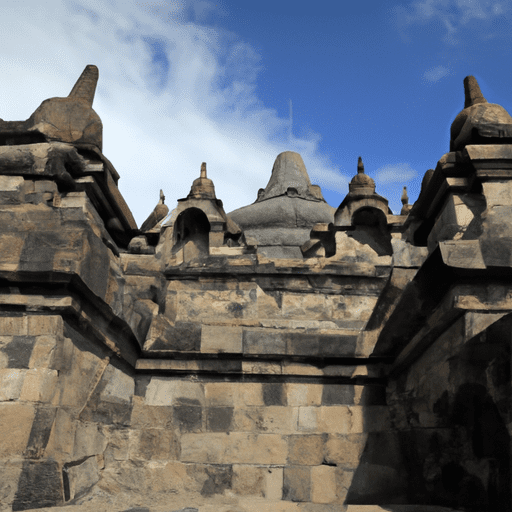Indonesia’s Borobudur Temple, a UNESCO World Heritage site, is imposing new entrance fees on foreign visitors. The new charges, which took effect on January 1, 2020, have sparked controversy among tourists and locals alike.
Borobudur Temple is one of the most popular tourist destinations in Indonesia, attracting a large number of visitors every year. It is a massive Buddhist temple complex that was built in the 8th century, and it is considered to be one of the greatest architectural masterpieces of the Buddhist world.
In the past, foreign visitors were charged an entrance fee of IDR325,000 (about $22) per person, which was already considered to be quite high by many visitors. But in 2020, the new rates for adult foreign visitors have been set at IDR500,000 (about $35).
The new fees have been met with mixed reactions. While some tourists argue that the price is too high and might discourage them from visiting the site, others believe that the charges are justified given the upkeep costs of the temple.
The Indonesian government has defended the move, saying that the new rates are necessary to help preserve the temple and secure an additional source of revenue for the local community.
The temple complex underwent a major renovation in 2017, during which several improvements were made to its infrastructure, accessibility, and visitor experience. Specific costs for the renovation, however, were not disclosed to the public.
While the new fees might seem steep to foreigners, it is important to remember that most Indonesian locals only pay IDR30,000 (about $2) to enter the temple. The government claims that the new fees are part of a larger initiative to promote local tourism and provide jobs and income for local communities.
Overall, the Borobudur Temple’s new entrance fees for foreigners have sparked heated debate regarding conservation and tourism. It remains to be seen how effective the new charges will be in maintaining the temple and promoting development in the local community.


